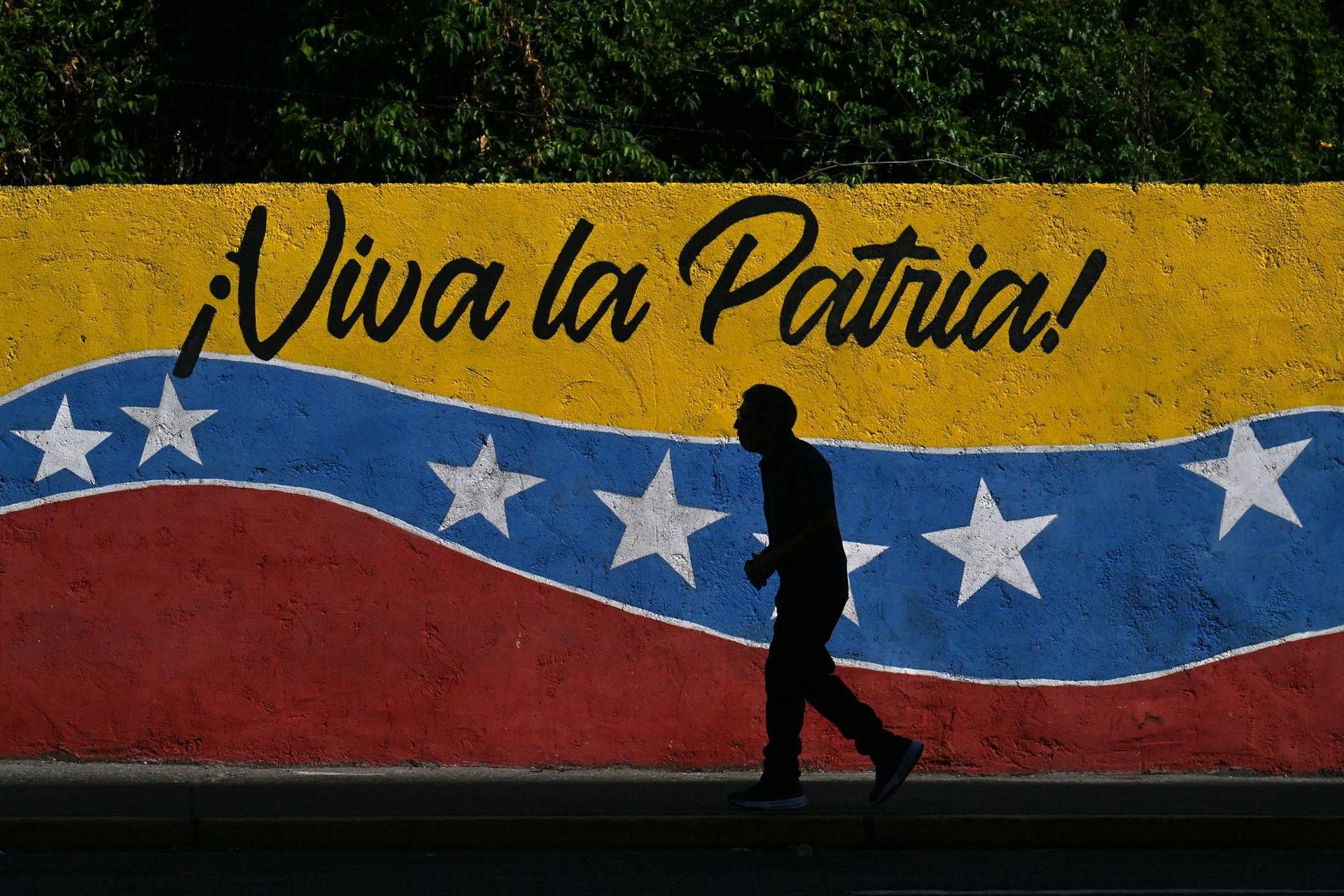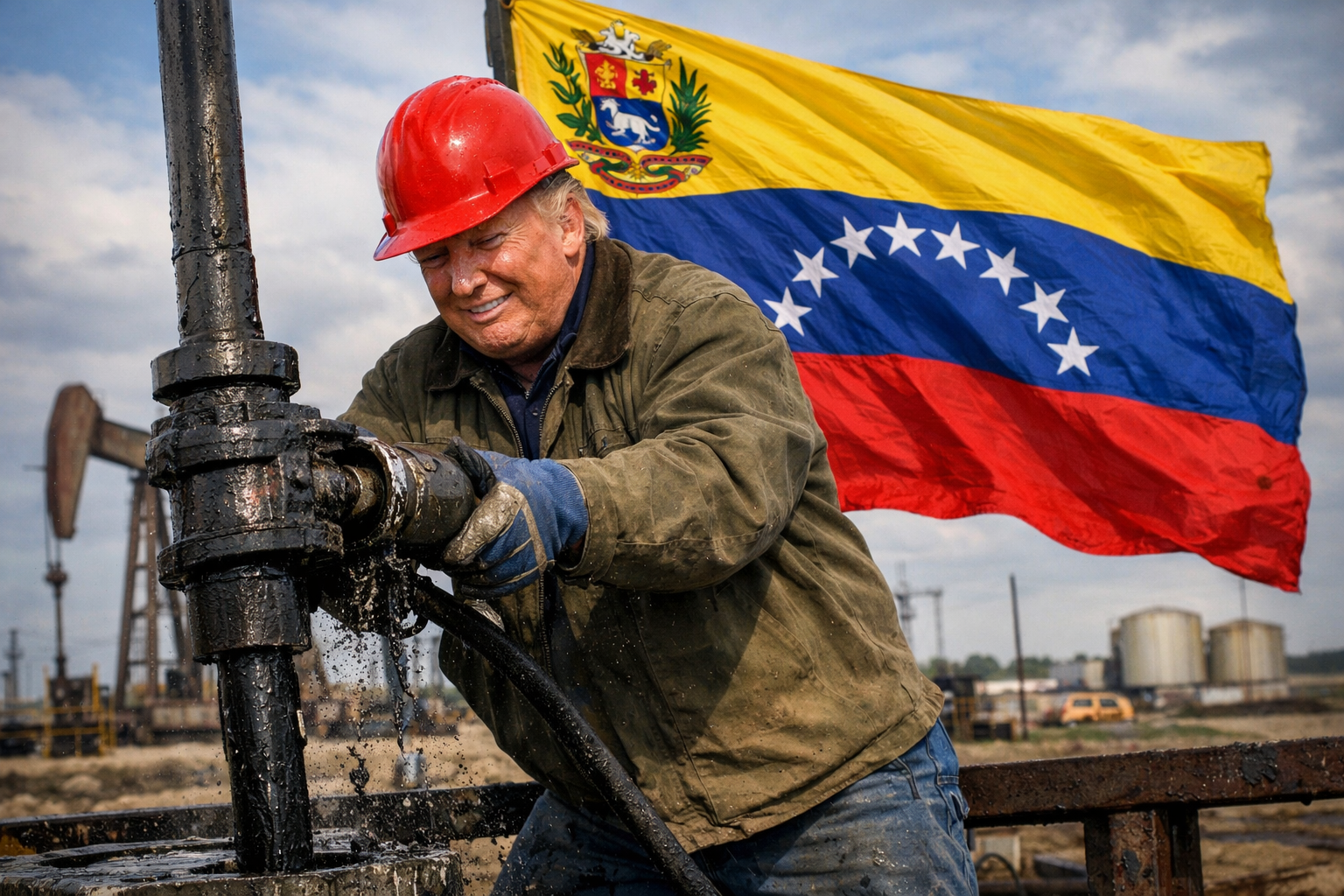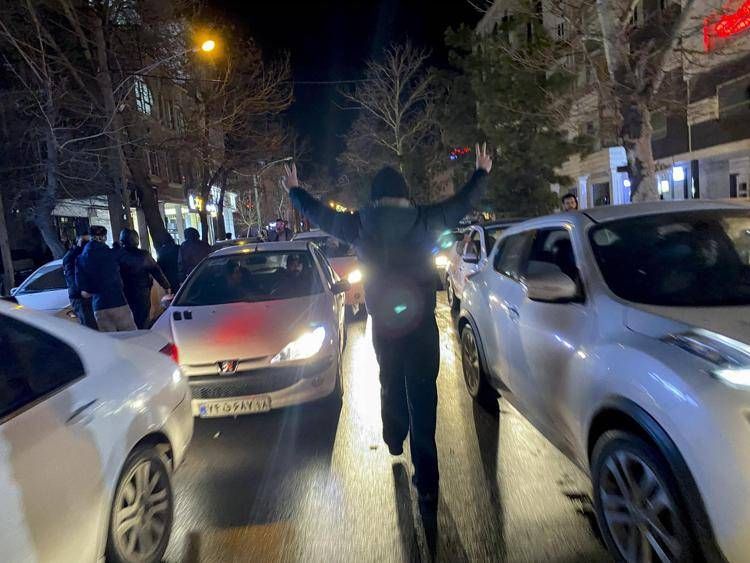
Kazakhstan 007 accusations: Trump recruited by KGB in 1987, code name ‘Krasnov’
-
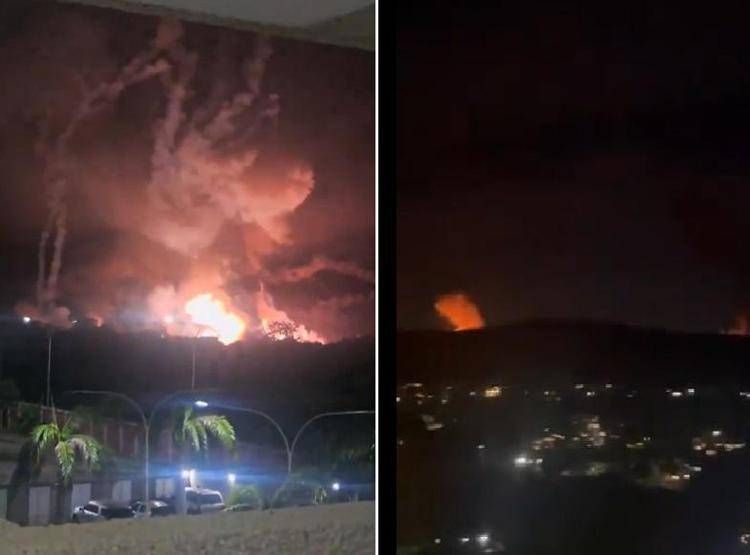

Overnight explosions in Caracas hit military area, widespread power outages reported VIDEO
-


Attacco Usa in Nigeria contro l’Isis, Trump: “Risposta al massacro di cristiani” VIDEO
-


Frana a Cormons: disperso un giovane e un’anziana sotto le macerie VIDEO
-
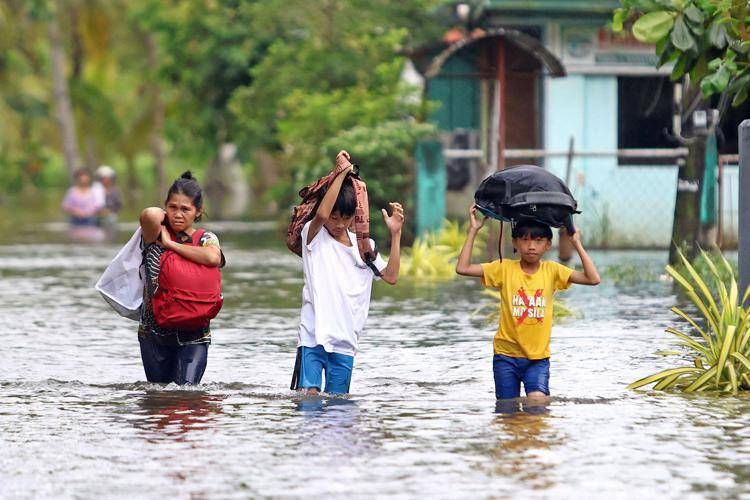

Tifone Fung-Wong colpisce le Filippine: un milione di evacuati VIDEO LIVE
Alnur Mussayev, former head of Kazakhstan’s intelligence service, accuses Donald Trump of being recruited by the KGB in 1987 under the code name ‘Krasnov.’ An affair that has its roots in the Cold War. There is currently no proof of any of this but doubt swirls…
Beneath the glittering surface of U.S. tycoon and president Donald Trump may lurk a compromising secret that has roots far back in the midst of the Cold War. Raising this disturbing suspicion is a figure from the darkest recesses of Soviet intelligence: Alnur Mussayev, former head of Kazakhstan’s intelligence service, who has made explosive accusations on Facebook.
In his post, Mussayev reveals that he worked for the 6th Department of the KGB, the unit in charge of recruiting foreign businessmen as informants. And it is here that Trump’s name emerges, with a load of shadows. According to Mussayev, in 1987 a 40-year-old American businessman was approached by KGB men during a trip to Moscow. Code name: ‘Krasnov.’ The man was Donald Trump. Recruited, according to the former spy, to serve Moscow’s interests at a time of global tensions.
Elements of this dark affair sink into the American president’s past, at a time when business opportunities led him several times to meet with Soviet officials. In 1987, Trump stayed in Moscow, officially to discuss the construction of a luxury hotel. Yet, according to Mussayev, it was not just a business opportunity. “It was in that year,” the former agent writes, ”that a secret pact was signed with the KGB. Trump was the perfect man: charismatic, ambitious, with an unlimited thirst for power.”
The mystery deepens when, years later, Trump surprises the world with a one-page ad in major U.S. newspapers, attacking U.S. foreign policy. A move that, in retrospect, some critics judge as the first piece of a larger plan orchestrated by the Soviets.
But the connections between Trump and Russia do not stop in the 1980s. Conspiracy suspects recall the purchase of a $95 million mansion by Russian oligarch Dmitry Rybolovlev in 2008, at a time when Trump was facing serious financial difficulties. A coincidence that raised suspicions of real estate transactions orchestrated to favor the American businessman in exchange for his loyalty to Moscow.
Mussayev’s allegations seem to resuscitate the conspiracy theories that have dogged Trump since the beginning of his political career. In the book “American Kompromat,” journalist Craig Unger already picked up on the same themes, arguing that the KGB had carefully constructed Trump’s profile, cultivating his ego and banking on his ambitions to turn him into a strategic pawn.
The name ‘Krasnov’ is not a name chosen at random. It evokes an obscure figure in Russian history, General Piotr Nikolaevic Krasnov, who sided with Nazi Germany against the Soviet Union during World War II. At the end of the conflict, he was handed over to the Soviets and hanged after a quick trial.
And now, in this modern saga of power and betrayal, the figure of ‘Krasnov’ emerges again, associated with Donald Trump, fueling suspicions and tensions. For Mussayev, there is no doubt: Trump, fascinated by power and attracted by promises, would have fallen into the KGB’s trap, turning himself, perhaps unwittingly, into a strategic asset of Moscow.
Hard evidence is lacking, but the doubt remains. In a story that seems written for a spy novel, Trump finds himself at the center of an intrigue that could rewrite the history of U.S.-Russian relations.
The photo accompanying the post published on Facebook by Alnur Mussayev
THE LATEST NEWS
-
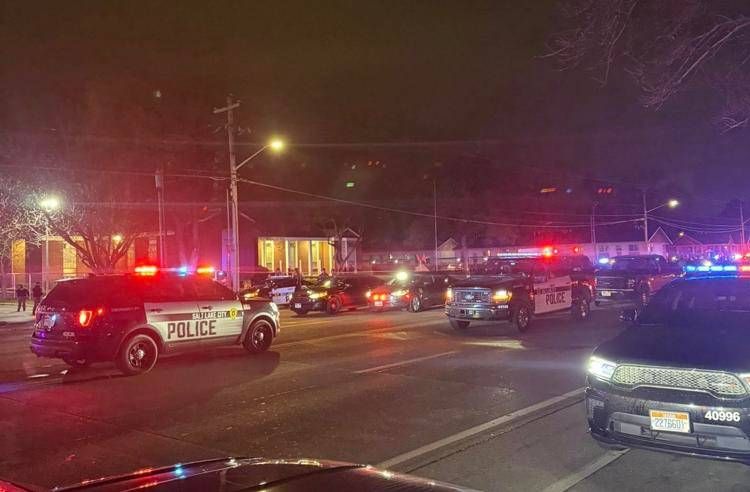
 In Evidenza23 ore ago
In Evidenza23 ore agoSparatoria a Salt Lake City durante un funerale: due morti e almeno sei feriti
-

 Primo Piano24 ore ago
Primo Piano24 ore agoControllo Usa sul Venezuela, Trump: “Potrebbe durare molti anni”
-
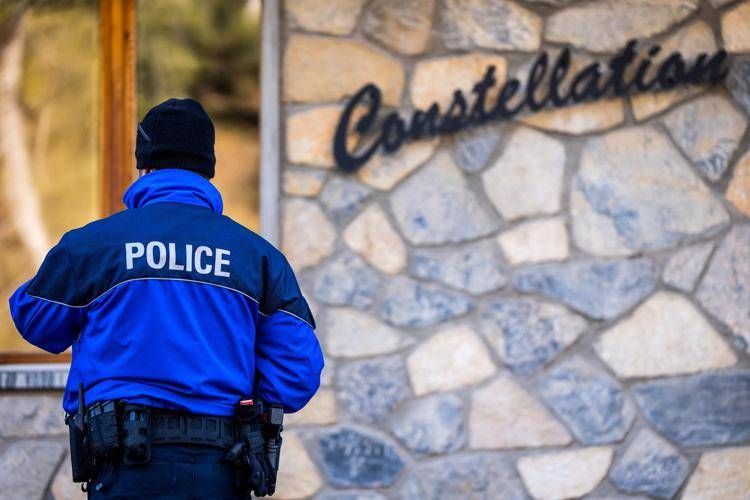
 Primo Piano21 ore ago
Primo Piano21 ore agoIncendio a Cras-Montana: nuovi interrogatori per i proprietari del bar
-
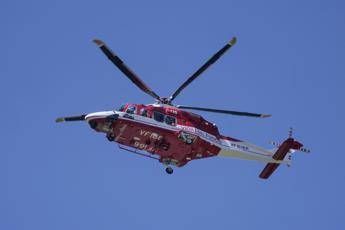
 Flash21 ore ago
Flash21 ore agoAggressione a Ventimiglia: donna accoltellata dal marito si getta da finestra



